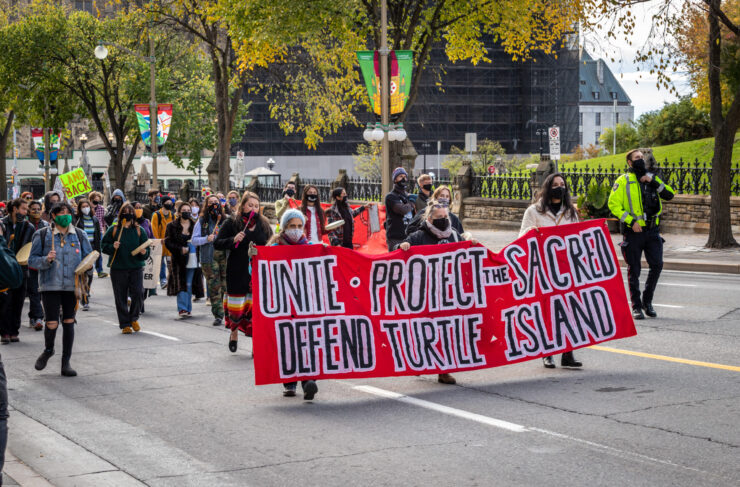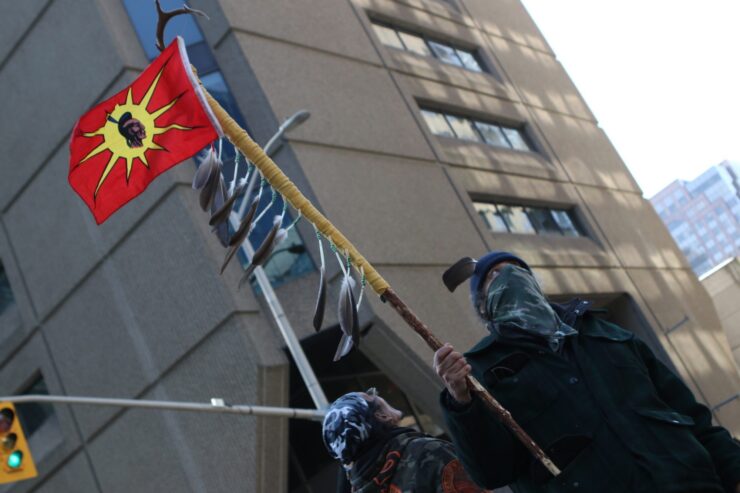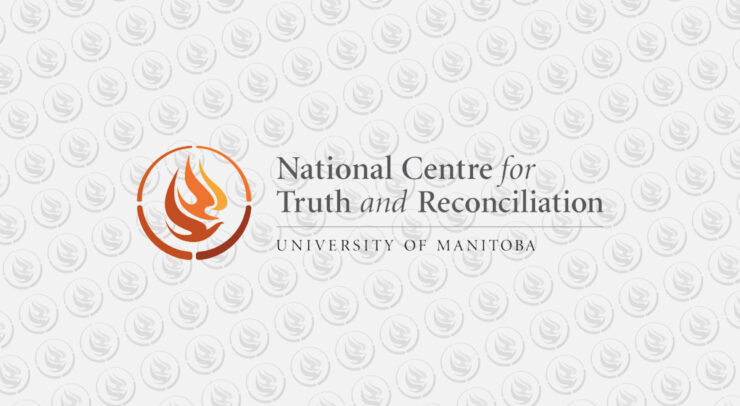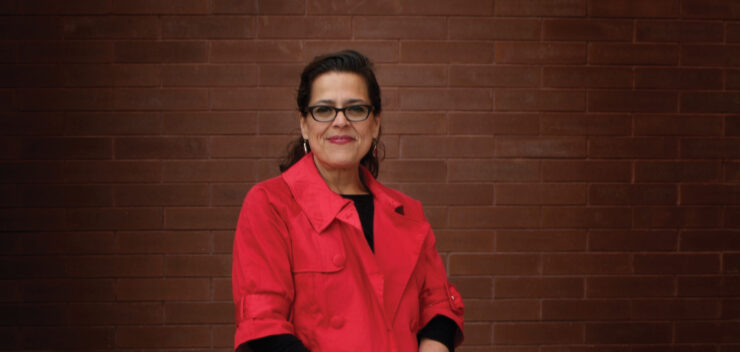“It was very emotional for me as I had never before heard so much appreciation for non-Indigenous presence,” said Polish retiree Feliks Welfeld.
TRC
One of the most recognizable acts of activism observed by non-Indigenous Canadians all over the country today is land acknowledgments. But while they are a way to reflect on Canada’s colonialist past and history of broken treaties, they fail to address its colonialist present and our collective lack of action when it comes to indigenous issues.
“It would appear that, after being met with all the fanfare of a watershed historical moment, the TRC has unfortunately proven ineffectual in fomenting the decolonized, Indigenous futurist society anticipated by its proponents,” writes Shann Chiu a third-year U of O English student.
Lindberg’s novel centers around Bernice Meetoos, a young Cree woman from Northern Alberta, who leaves her community and travels to British Columbia on a physical, and internal, journey. Although the book is fictional and not based off of Lindberg, who is an As’in’i’wa’chi Ni’yaw Nation Rocky Mountain Cree woman herself hailing from the Kelly Lake Cree Nation community in Alberta, she says that she has drawn from her life for inspiration for it.





